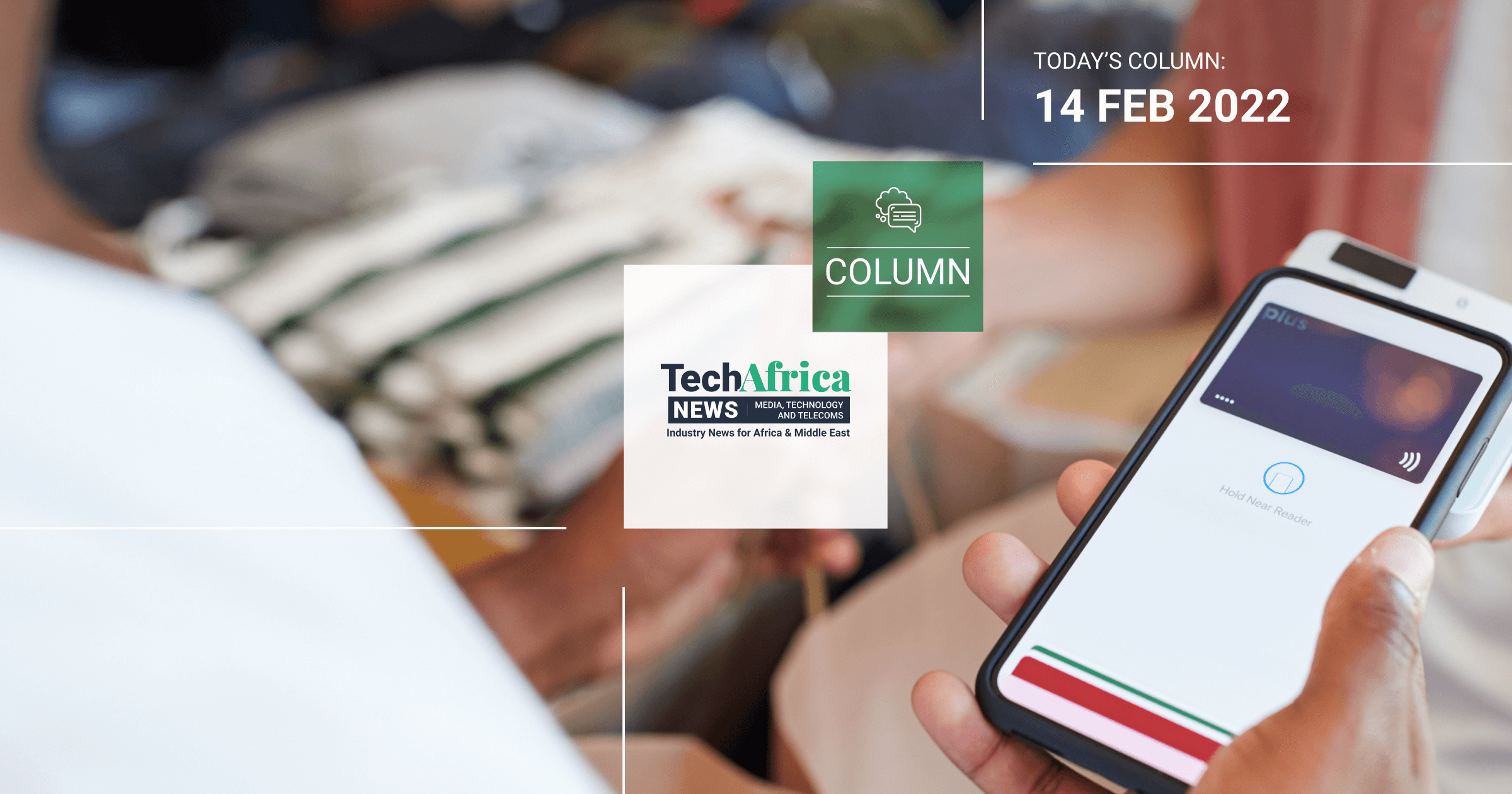The West African nation of Ghana has often been tagged as a first-choice investor destination. So much that many multinationals have opened branches in the country. These multinationals include large-scale telecom companies, such as MTN, Vodafone, and Glo.
That being said, the country is still reeling from economic turmoil. According to the World Bank, Ghana’s poverty rate increased marginally from 25% in 2019 to 25.5% in 2020. Additionally, the country’s public debt climbed to 81.1% of GDP in 2020. Another estimate suggests that Ghana’s unemployment rate rose steadily from 4.22% in 2017 to 4.53% in 2020.
In what appears to be a response to this economic strain, the Government of Ghana, through its Finance Minister, Mr. Ken Ofori-Atta, has proposed a new bill as part of a 2022 budget. The E-levy bill, as it is dubbed, recommends that all electronic transactions, including telecom wallet services, be taxed at a 1.75% rate.
The move, according to Mr. Ofori Atta, is to help reduce the country’s debt while also increasing GDP.
“The government will charge an applicable rate of 1.75% on all electronic transactions covering mobile money payments, bank transfers, merchant payments, and inward remittances, which shall be borne by the sender except inward remittances, which will be borne by the recipient,” Mr. Ofori-Atta announced.” “[This will help] safeguard efforts being made to enhance financial inclusion and protect the vulnerable,” he added.
However, barely minutes after the proposal was made, large sections of the Ghanaian populace objected angrily to it. The country’s main opposition party, the NDC, launched a scathing attack on the bill. On top of that, there were social media outbursts and civic actions organized by some Ghanaians in protest of the bill.
But how did it come to this? Here is a little more by way of context.
Electronic Wallet Service in Ghana: An Overview
Electronic wallet service is a thriving industry in Ghana. In fact, as of January 2021, 38.9% of Ghanaians aged 15 and above had a mobile money account. That translates into about 11 million local users.
Many people found that using a mobile phone to store, send, and receive money was even more convenient than using conventional banking services.
As such, mobile money service providers in Ghana saw an opportunity to scale up their services. The three main pioneers of the local industry are MTN, Vodafone, and government-owned telcos firm, AitelTigo. Together, these providers facilitated transactions running into several billions of Ghana Cedis. In fact, estimates suggest that the total value of mobile money transactions in Ghana skyrocketed by 150% between April 2020 and April 2021. That surge, in turn, yielded a whopping GH¢ 83.8 billion in telecom revenue as of April 2021, up by GH¢ 51 billion from April 2020.
But this strong financial position has since been shaken by the proposed E-levy bill.
Potential Impact of E-levy on Telecom Networks
After weeks of public outcry over the E-levy bill, telecom companies finally disclosed their position on the issue. They were willing to reduce the charges on electronic transactions by 25% to ease the burden of the tax on Ghanaians.
As thoughtful as that sounds, it failed to pacify most users, as they began abandoning the electronic service in their numbers. According to reports, the value of mobile money transactions has dropped by GH¢3 billion since the bill was announced.
Obviously, this is bad news for the telecom companies.
Potential Impact of E-levy on Ordinary Ghanaians
Many experts argue that the 1.75% E-levy bill is an inconsiderate and paradoxical tax policy that would exacerbate the country’s already dire economic situation. Among them is Ghanaian economist, Theo Acheampong:
“We should reduce the rate. I think 1.75% is too high. The rate, in my view, has to come down, possibly to 0.5%. [If I had my way], I would not implement it [at all], but if the government wants to go ahead with it, then perhaps we need to look at which services to exclude, the rate, and then the trigger point,” he says.
With the prevailing high inflation rate in the country, coupled with other economic issues posed by the Covid-19 pandemic, it remains to be seen if a new tax is a viable option.










